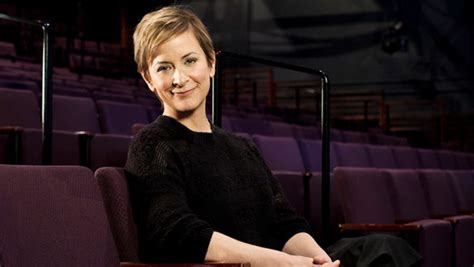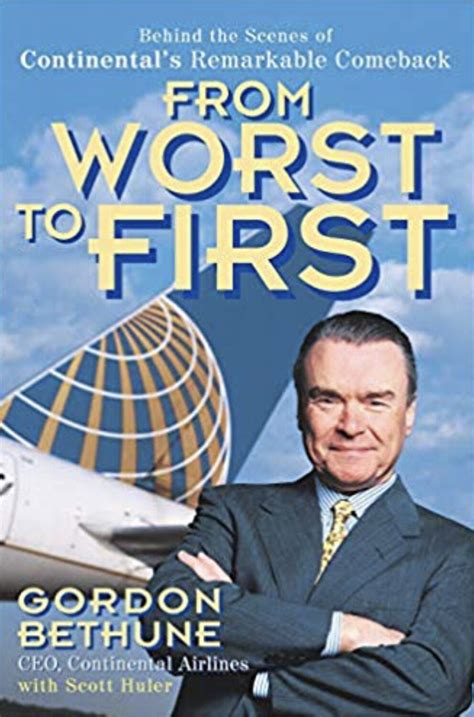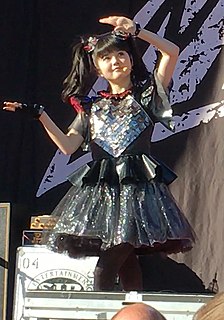A Quote by William Hurt
The irony is that the more specific you are in the portrayal of character, the more like other people you are. In the same way, the more you think about how alone you are in this life, you realise how much a brother and sister everyone else is.
Related Quotes
The way we treat people we think can't help or hurt us - like housekeepers, waiters, and secretaries - tells more about our character than how we treat people we think are important. How we behave when we think no one is looking or when we don't think we will get caught more accurately portrays our character than what we say or do in service of our reputations.
I think everyone is always asking themselves, How is my work meaningful, how is my life meaningful? As I get older, I feel like who I am as a person and a citizen is more important than who I am in my work. But I do think it reframed slightly for me, how much I have to care about a project in order to want to do it. Sometimes, obviously, you have a take a job for money. But I think I'm quicker now when I get a script that's, say, borderline misogynist, I'm not going to go in for it. I'm thinking more about what I'm putting into the world.
But I like to think that a lot of managers and executives trying to solve problems miss the forest for the trees by forgetting to look at their people -- not at how much more they can get from their people or how they can more effectively manage their people. I think they need to look a little more closely at what it's like for their people to come to work there every day.
The positive thing about collaborating is that I cannot get distracted by coding work, because I cannot waste the other collaborator's time in the same way as I can my own. And it's always good to learn how the other person works, learn about techniques, learn social things like: how do you communicate with another person? The music I make with other people I'm much more confident about, I'm a little bit less judgemental of the outcome than with my own stuff because I know it's not only me, it's a more outside of me. Sometimes I even like them better than my own tracks.
I think a persons life is supposed to be like a DVD. You can see the version everyone else sees, or you can choose the directors cut-the way he wanted you to see it, before everything else got in the way. There are menus, probably, so that you can start at the good spots and not have to relive the bad ones. You can measure your life by the number of scenes you’ve survived, or the minutes you’ve been stuck there. Probably, though, life is more like one of those dumb video surveillance tapes. Grainy, no matter how hard you stare at it. And looped: the same thing, over and over.
There is so much temptation to hold on to my career even more now. To try to micromanage and dictate every little aspect. But that's not how I want to do things anymore. I'm thinking about how can I trust God more. How can I surrender more? How can I bring him more glory? It's a fight. But it's one I'm going to keep fighting.
But obviously, things have changed in many ways since the '50s, when the show is started, in terms of sexuality, and how much access we have to images of it and information about it. But, the same problems always apply. It doesn't matter whether we know a lot more about sex now or if there's a lot more access to it. The same problems of intimacy, of dealing with other people, of connecting and being vulnerable with other people, which is what the show is ultimately about, still applies now, I think.
Charisma seems to be more about the intoxicating quality that you have on other people, as opposed to presence, which is more about the self in relation to others, and how you feel you represented yourself in a situation, and how you were able to engage. So it's less about how others see you and more about how you see yourself.




































